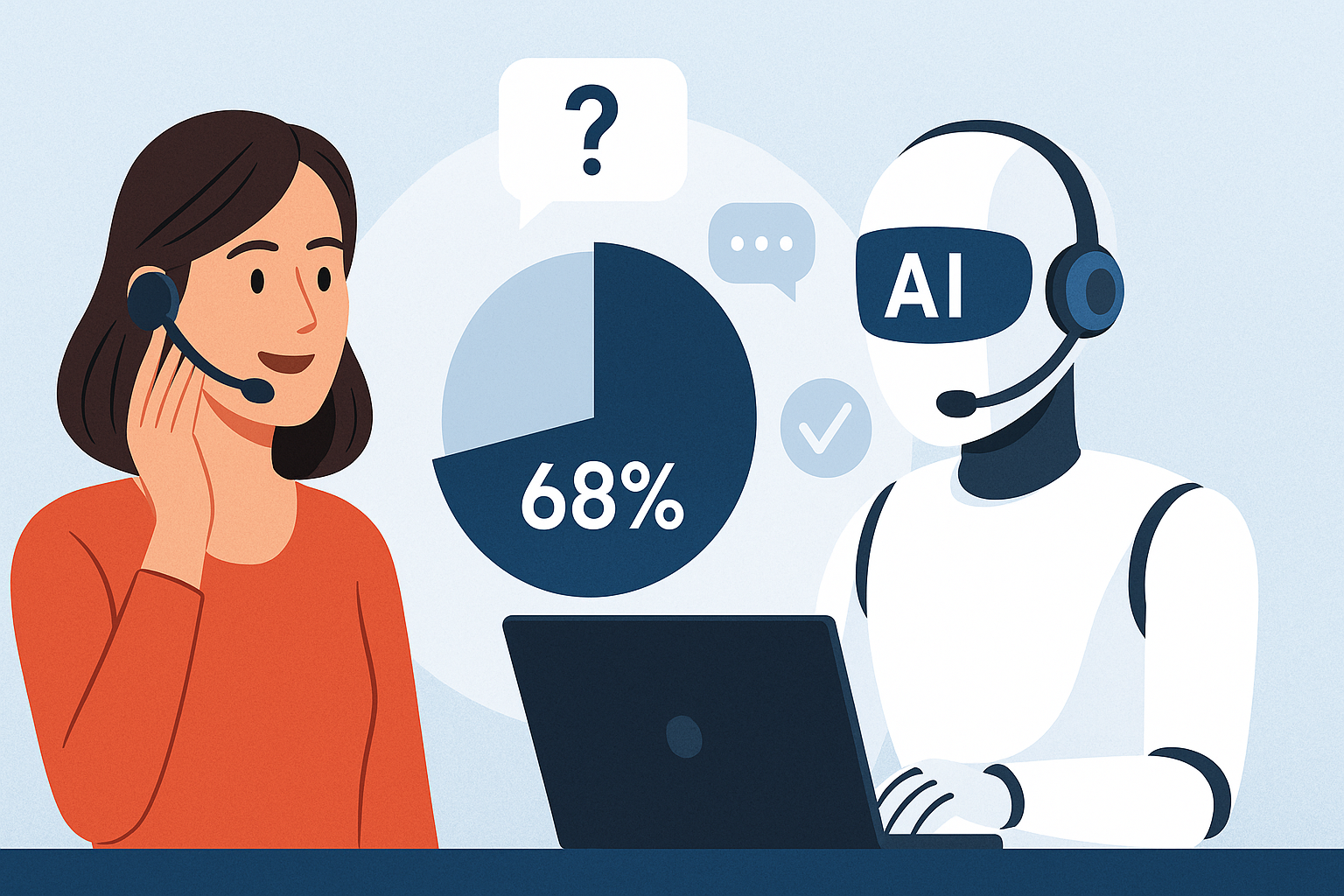The global quantum computing industry has officially entered a pivotal phase, marking the dawn of the “quantum era.” Backed by technology leaders, government initiatives, and surging venture capital investments, this breakthrough promises to reshape key sectors—ranging from medicine and artificial intelligence to cybersecurity and high-speed data processing.
IBM sets the pace with a quantum-centric supercomputer
IBM is taking a major leap by unveiling plans for the first-ever quantum-centric supercomputer. Featuring over 4,000 qubits, this system is designed to integrate quantum and classical computing in a unified platform. IBM’s roadmap focuses on modular, scalable, and networked processors supported by intelligent software, aimed at making real-world quantum applications viable. This milestone reflects a strategic shift toward practical, enterprise-grade quantum computing.
Tech giants push the limits of quantum hardware
Key players in the tech industry have announced critical advancements in quantum processor design, signaling a unified push to address long-standing limitations such as error correction and hardware scalability:
- Amazon rolled out its “Ocelot” chip, which leverages “cat qubits” to drastically cut error correction costs—by as much as 90%. This innovation tackles one of the biggest roadblocks to scaling quantum systems effectively.
- Microsoft introduced the “Majorana 1” chip built on topoconductor technology. This breakthrough aims to deliver more stable and scalable quantum processors by harnessing the unique properties of Majorana particles.
- Google updated its “Willow” chip with improved error correction and enhanced scalability—two prerequisites for advancing toward fault-tolerant quantum computing.
These advancements indicate a significant cross-industry effort to make quantum computing more reliable and commercially deployable.
Q-Day looms: cybersecurity braces for quantum disruption
While the promise of quantum computing is immense, its arrival also carries major cybersecurity implications. Quantum systems will be capable of breaking widely used encryption methods such as RSA and ECC, placing sensitive data—including financial transactions and confidential communications—at risk.
Security experts warn of an impending “Q-Day,” the moment when quantum computers can break existing encryption standards. In preparation, organizations are racing to implement post-quantum cryptography (PQC) algorithms. Governments and private enterprises are prioritizing quantum-resilient security systems to safeguard against this new class of threats.
Soaring demand for quantum talent
The booming quantum sector has triggered a dramatic increase in demand for skilled professionals. Between 2018 and 2023, job listings in quantum computing grew by more than 450%, revealing a critical shortage of expertise in both quantum development and cybersecurity.
Businesses and research institutions are now aggressively investing in workforce development, offering new training pipelines, and forging partnerships with universities. The focus is clear: build a talent base that can drive innovation and fortify systems against the risks that come with quantum breakthroughs.
As quantum computing transitions from theory to reality, the fusion of technological innovation and cybersecurity preparedness is no longer optional—it’s essential. With high stakes and enormous potential, the quantum era demands strategic collaboration, bold investment, and a clear-eyed approach to the challenges ahead.





